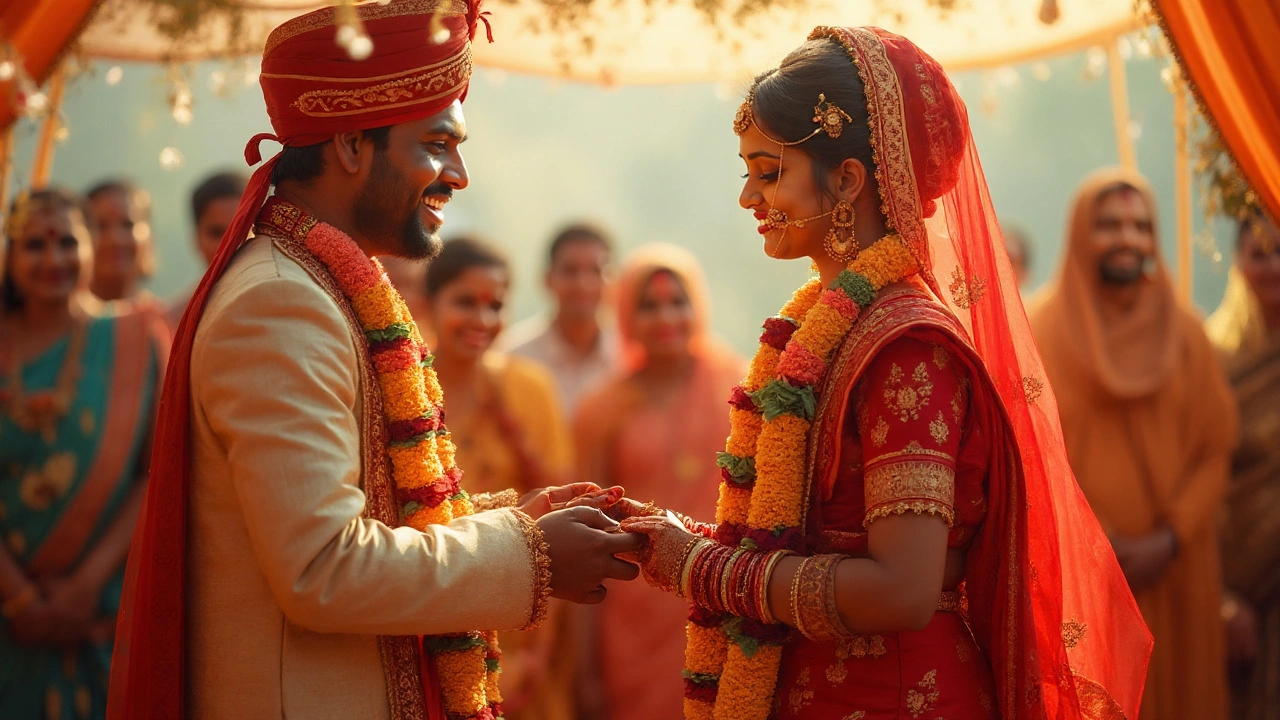Hindu Marriage Act – What You Need to Know
Thinking about getting married or filing for divorce? The Hindu Marriage Act is the law that shapes most Hindu marriages in India. It tells you who can marry, what the ceremony should include, and how a marriage can be ended. Understanding the basics can save you a lot of hassle later, so let’s break it down in plain language.
Core Provisions of the Hindu Marriage Act
The Act applies to anyone who identifies as Hindu, Sikh, Jain or Buddhist. To be legally married, both partners must be at least 18 years old for women and 21 for men. They also need to be of sound mind and not already married to someone else. If those boxes are checked, the law requires a valid ceremony—usually a saptapadi (seven steps) performed in front of a priest or a registrar.
Besides the ceremony, the Act lists the rights and duties of spouses. Both partners must live together, be faithful, and support each other financially. If either partner breaks these duties, the other can ask the court for relief, such as alimony or maintenance.
Common Questions About Divorce and Separation
Divorce is often the most confusing part. The Act allows two types of divorce: mutual consent and contested. Mutual consent means both parties agree to end the marriage and can file a joint petition after living apart for at least one year. The court then gives a six‑month cooling‑off period before finalizing the decree.
If the couple can’t agree, a contested divorce may be filed on grounds like cruelty, desertion, or conversion to another religion. The court looks at evidence—police reports, medical records, or witness statements—to decide. Keep in mind that a contested case can take a long time, often years, depending on the complexity.
One common myth is that you must live separately for a certain time before filing. For mutual consent, a one‑year separation is required, but a contested divorce doesn’t need that. You can also claim maintenance during the separation period, and the court will decide the amount based on the husband’s earnings and the wife’s needs.
Another practical tip: gather all documents early—marriage certificate, property records, financial statements, and any evidence of misconduct. Having everything organized makes the court process smoother and reduces delays.
Lastly, remember that the Act is just one piece of family law. If you have a mixed‑religion marriage or special circumstances, other statutes like the Special Marriage Act may apply. When in doubt, consult a qualified family lawyer who knows the local courts.
In short, the Hindu Marriage Act sets clear rules for who can marry, how the ceremony works, and what happens when a marriage ends. Knowing these basics helps you make informed decisions and avoid surprises down the road.
Is Indian Marriage Valid Without Registration? Legal Truth, Facts, and Tips
Is your Indian marriage legal if it’s not registered? This clear guide covers the law, proofs, risks, court cases, and what you can do to protect your rights.
